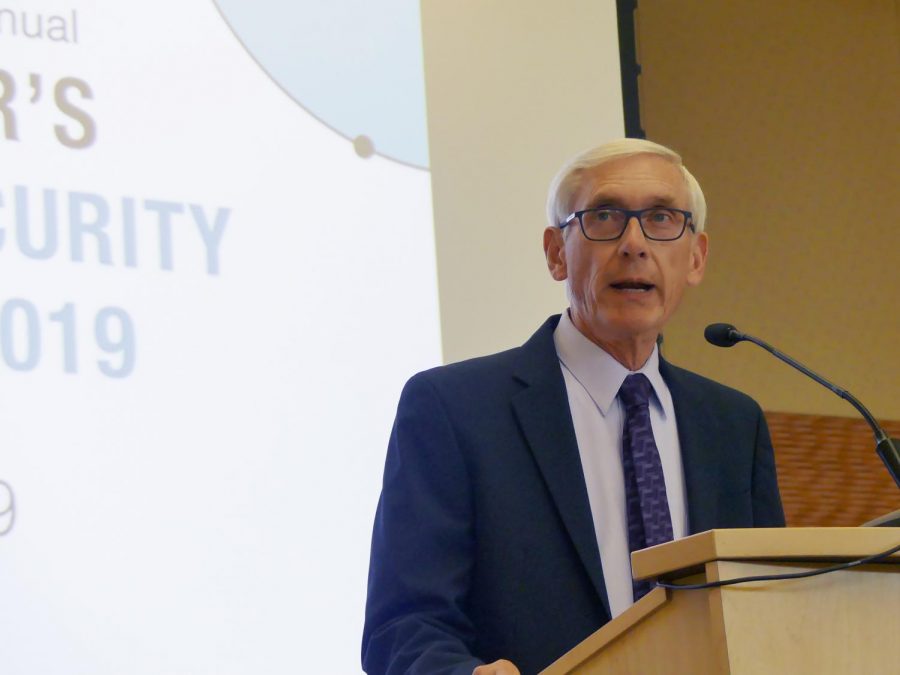As I stood alongside Guatemalan spectators at a soccer game in the center of the municipality of Chinique, Guatemala, two teenage native girls approached my friend. In their best English, they asked him where he was from, to which he replied “America.” The girls giggled for a few seconds and said, “us too,” before walking away.
Witnessing the interaction, I was not surprised by the giggles or my friend’s blank – yet somewhat embarrassed – stare as they walked away. This experience, while singular to my friend, is not the first time I have witnessed individuals from different parts of the Americas interact in a way that acknowledges America as their homes and simultaneously illuminates the divide among American cultures.
With that said, it is the responsibility of United States citizens to be aware of and understand the Americas beyond the piece of American land where they reside.
Eduardo Galeano, an Uruguayan journalist and leader of the Latin American left party, expressed in his book “Open Veins of Latin America” that: “For the world today, America is just the United States; the region we inhabit is a sub-America, a second-class America of nebulous identity.” The sentiments of Galeano may seem exaggerated in some ways and outdated (since the book is from the ’70s), but as U.S. citizens, it is easy to get caught up in individual – at times united – states of mind.
The attitude that Latin America is a second-class America is apparent in the ways the media puts the region in the global spotlight. From looking at our go-to news sites, what do we know about Latin America? The WHO has declared the Zika virus a global emergency; Venezuela is on the cusp of economic collapse; gang and drug related violence in Central America is on the rise; and Mexican homicide rates are increasing, dramatically so.
There seems to be a tendency to talk about Latin America in reference to the U.S., rather than as its own entity. Zika cases have been blowing up since October, and yet it hasn’t been concerning the U.S. until now as we anticipate its affect on us.
We don’t talk a lot about Venezuela because our government doesn’t either. As I learned from a friend’s relatives residing in Caracas, the inflation rate is so high that the current price of a single apple in Venezuela is $8, and Apple’s iPhone 6 costs $46,000, more or less.
We know people (especially minors) are fleeing Central America and coming to the U.S. for refuge from gang and drug related violence, and yet we fight about taking these people into our own country or sending them back to where they came from.
While I believe every person is called to different vocations and places accordingly, there is a necessary solidarity that is lacking among the Americas. I get that turmoil is everywhere and that the U.S. has its hands tied with a multitude of geostrategic challenges in other regions of the world, but it’s scary to think about how few people want to recognize Central America as a territory of war, especially considering its proximity to the U.S.
And maybe there’s a fear in the U.S. to become involved, especially in terms of war, because we don’t have the best track record in the past when working in Latin American affairs. If you aren’t sure what I am talking about, feel free to take some time to learn about the 1954 Guatemalan coup d’état, 1973 Chilean coup d’état, Argentina’s Dirty War and the Iran-Contra scandal, to name a few.
It is essential that we start more conversations about the Americas despite differences in our cultural, geographical and political dispositions. I don’t want to continue to see examples of America being understood as just the U.S. and in part do not want to see Latin America as a subtopic of the U.S. From now on, let’s talk about the Americas.





